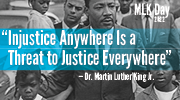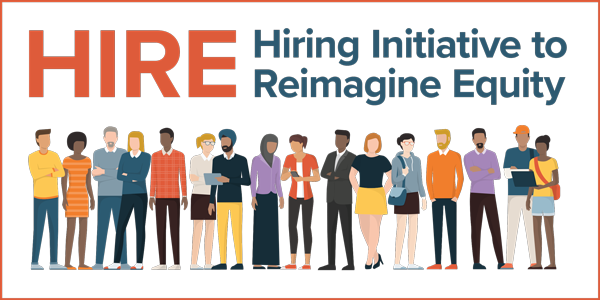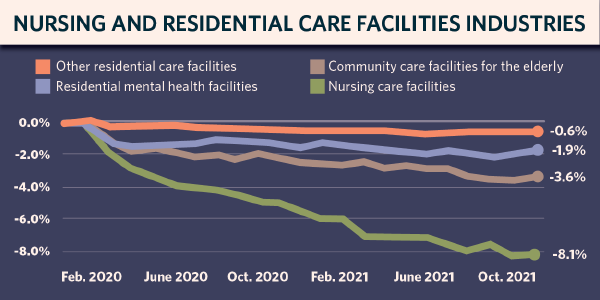| Were expanding transition services and investing in training and employment programs for veterans. | 
U.S. Department of Labor | | January 14, 2022 |
| Recognizing extraordinary efforts to end child labor Recognize someone who has taken extraordinary steps to end child labor and inspired others to join the fight. Submit nominations for the Iqbal Masih Award for the Elimination of Child Labor now through Feb. 18. |
| Expanding transition assistance training for veterans Were expanding our traditional Transition Assistance Program beyond the active military installations we currently serve to at least 50 locations in at least 20 states. This will help us improve employment-related outcomes in areas where large veteran populations face high rates of unemployment. |
| HIRE initiative A new initiative will reimagine hiring and recruitment practices to advance equal employment opportunity and expand access to good jobs for workers. |
|  | Nursing rights This working mothers bosses told her she was embarrassing the men in her office when she needed to express breastmilk. Then we stepped in. |
|
|  | Overtime restored A Hawaii security company will pay $1,479,772 in back wages and damages to 171 guards, plus penalties, after denying workers overtime pay. |
|
|  | Chemical hazards found After finding chemical handling violations at a helium enrichment unit in Texas, OSHA took action to ensure safe working conditions at a federal facility. |
|
|  | Cotton gin investigations We found wage violations in 81% of 71 cotton gin investigations in the Southeast, yielding more than $445,000 in recovered wages, damages and penalties. |
|
|  | #EndTrafficking On Human Trafficking Prevention Day, the Wage and Hour Divisions Paul Chang shared his recollections of the El Monte sweatshop raid and highlighted our ongoing work to end trafficking. |
|
|  | Combating injustice See how were taking on workplace injustice and ensuring a more equitable future for all of Americas workers, jobseekers and retirees. |
|
| Addressing job losses in the care sector Many traditionally feminized sectors of the economy continue to have significantly fewer workers compared to pre-pandemic numbers, including the care sector. Read why care infrastructure is critical to the rest of the workforce, and how we can invest in it. |
|
| This email was sent to [email protected] using GovDelivery Communications Cloud on behalf of: United States Department of Labor 200 Constitution Ave NW Washington, DC 20210 1-866-4-USA-DOL (1-866-487-2365) |  |
|


















